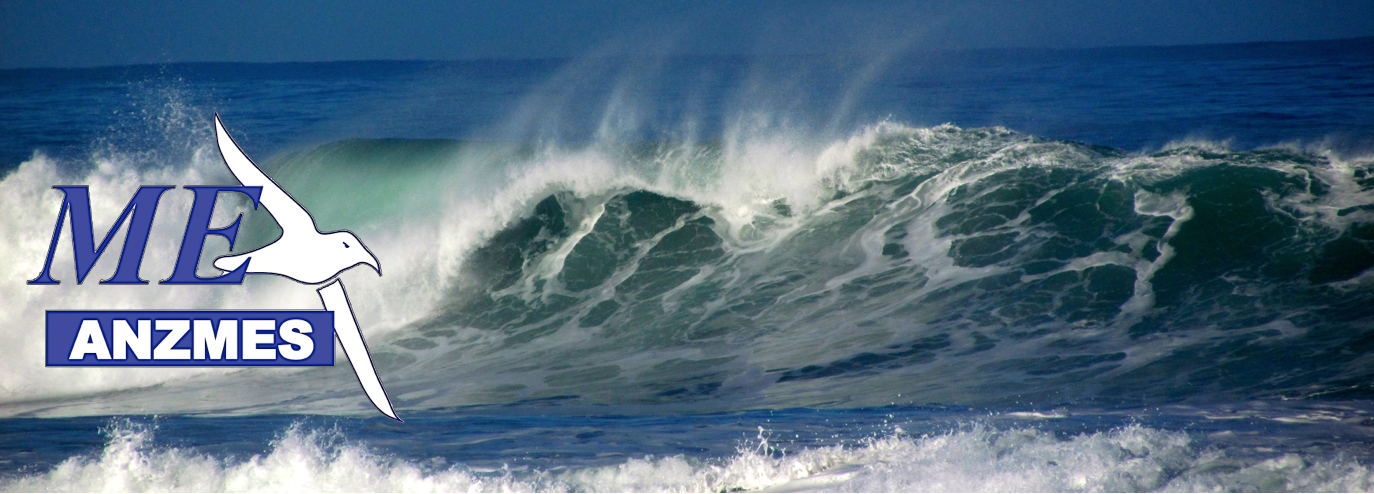Rosamund Vallings MB BS
We know that any viral illness will be followed by a post-viral phase. During this time the body is theoretically in “recovery mode.” Even after a simple cold, a person can be left feeling rather drained and limp for a few days but will usually slowly recover.
In those who are diagnosed with ME/CFS, the majority will have started this illness with a viral infection, from which they never seemed to recover. When you have a viral illness, your immune system goes into “disarray” and is upsetting your whole system, seemingly fighting the virus. Gradually the fight is over and successful, and you feel recovered. But those who end up with ME/CFS have an immune system which seems to persist in the fighting mode, producing a lot of extra hormones, chemicals and many other immune system abnormalities. This is exhausting and leads to many ongoing changes and symptoms. The changes may affect the body chemistry and the metabolism further, and have far-reaching effects on the brain, muscles and other body systems.
So why should the after-effects from COVID-19 be any different? There are thousands of people around the world now being diagnosed with the condition called “Long COVID,” and immunologically and chemically, it is no different from ME/CFS – a prolonged post-viral state – often very severe.
We have to ask ourselves “Can this condition be prevented?” as there is no “quick-fix.”
We do know however that pushing yourself hard during the recovery phase can lead to worsening symptoms and potentially to a final diagnosis of ME/CFS.
After COVID-19 most people yearn to get their health back and return to a full life again. There is a temptation to return to normal as soon as possible. But there is certainly good evidence now that pushing hard mentally or physically too soon, can prolong the illness, or even cause relapse.
During the recovery phase from COVID-19, it is therefore important to take supreme care of yourself in order to minimise the risks. We know that some people are probably genetically vulnerable, and we also know that those already with a diagnosis of ME/CFS almost always will risk worsening symptoms or even serious relapse if they push too hard mentally or physically. So, we need to translate these facts to those in the recovery phase from COVID-19.
While you are recovering from COVID-19 you need to acknowledge the known facts. So,
- stay home and rest while you still have symptoms (however mild)
- do not indulge in hard exercise, or long work hours
- go to bed early
- rehabilitate very slowly and cautiously.
While this approach may not prevent a prolonged illness such as ME/CFS, you are giving yourself a good chance of regaining your pre-COVID health.
COVID-19 self-management booklet created by Our Health Hawkes Bay Whakawāteatia:
What is Long COVID?
Long COVID is a condition that occurs in people with a history of probable or confirmed SARS-CoV-2 (COVID-19) infection. It usually begins 3 months from the onset of COVID-19 with symptoms that last for at least 2 months that cannot be explained by an alternative diagnosis. For some people symptoms can last months after the infection has gone. This is sometimes called post-COVID-19 syndrome or Long COVID.
Common Long COVID symptoms include:
- extreme tiredness (fatigue)
- shortness of breath
- chest pain or tightness
- problems with memory and concentration (“brain fog”)
- difficulty sleeping (insomnia)
- heart palpitations
- dizziness
- pins and needles
- joint pain
- depression and anxiety
- tinnitus, earaches
- feeling sick, diarrhoea, stomach aches, loss of appetite
- a high temperature, cough, headaches, sore throat, changes to sense of smell or taste
- rashes
How is Long COVID treated?
Treatment for Long COVID is similar to that of ME/CFS. It is about managing symptoms and pain.
The key to symptom management is pacing.
If PEM (post-exertional malaise) is experienced, you must avoid exercise and activities that cause fatigue or increased symptoms, and conserve your energy.
Dr. Charles Shepherd provides an extensive report on Long COVID and ME/CFS. Read it here:
Dr. Charles Shepherd also provides an extensive report analysing the similarities and differences between Long COVID and ME/CFS. Read it here:
Paediatric pacing guide by ME Action UK:
Paediatric pacing guide.
Adult pacing guide by Action for M.E.:


